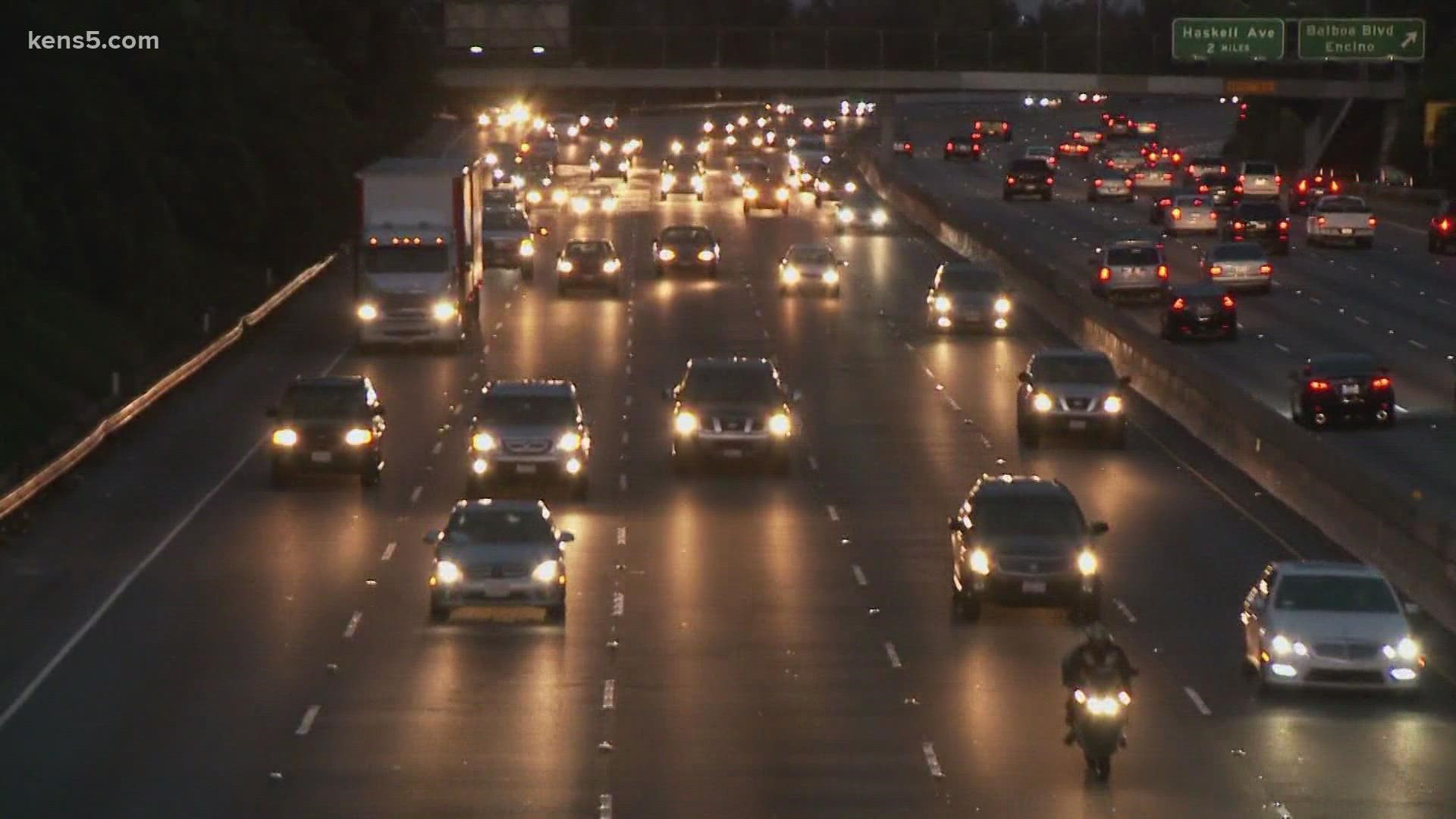SAN ANTONIO — The semiannual ritual of switching the clocks twice a year may soon be history. The Senate Tuesday unanimously passed the Sunshine Protection Act which would permanently extend daylight saving time to the full year. Now it goes to the House.
It may sound like we are simply getting rid of the inconvenience of changing your clocks, but if daylight saving time becomes permanent, on the shortest day of the year in December sunrise in San Antonio move from 7:24 a.m. to 8:24 a.m. forcing most people to drive to work in the dark, and kids walk to school without any daylight.
Daniel Armbruster, the spokesperson for AAA Texas told us, "It might be harder to see in those school zones. And so drivers should be especially careful if they are approaching a school zone or they have a school zone on their route."
The U.S. officially adopted Daylight Saving Time IN 1966. It was amended twice most recently in 2005 with the Energy Policy Act with DST beginning on the second Sunday of March and ending on the first Sunday of November.
Armbruster says because people will be driving in the dark in the morning there will be an increased risk of drowsy driving. Armbruster added, "Drowsy driving is actually one of the most serious traffic safety issues on our roadways. In fact, driving when you have had less than seven hours of sleep can be just like driving under the influence of alcohol."
In an effort to conserve fuel during the 1973 oil embargo Congress enacted a trial year-round Daylight Saving Time to allow for more sun in the evenings for recreation, reduced lighting and heating demands. But after many accidents involving children going to school in the dark DST made a return.
If the change becomes permanent, Armbruster has this advice. Armbruster said, "Check your headlights, make sure that they're in good shape, make sure they're not dull or cloudy. That way, you'll be able to see and have good visibility when you are driving in daylight or when you are driving in the dark."
If the House passes the legislation and President Biden signs off on it, year-round daylight saving time would begin in 2023.

